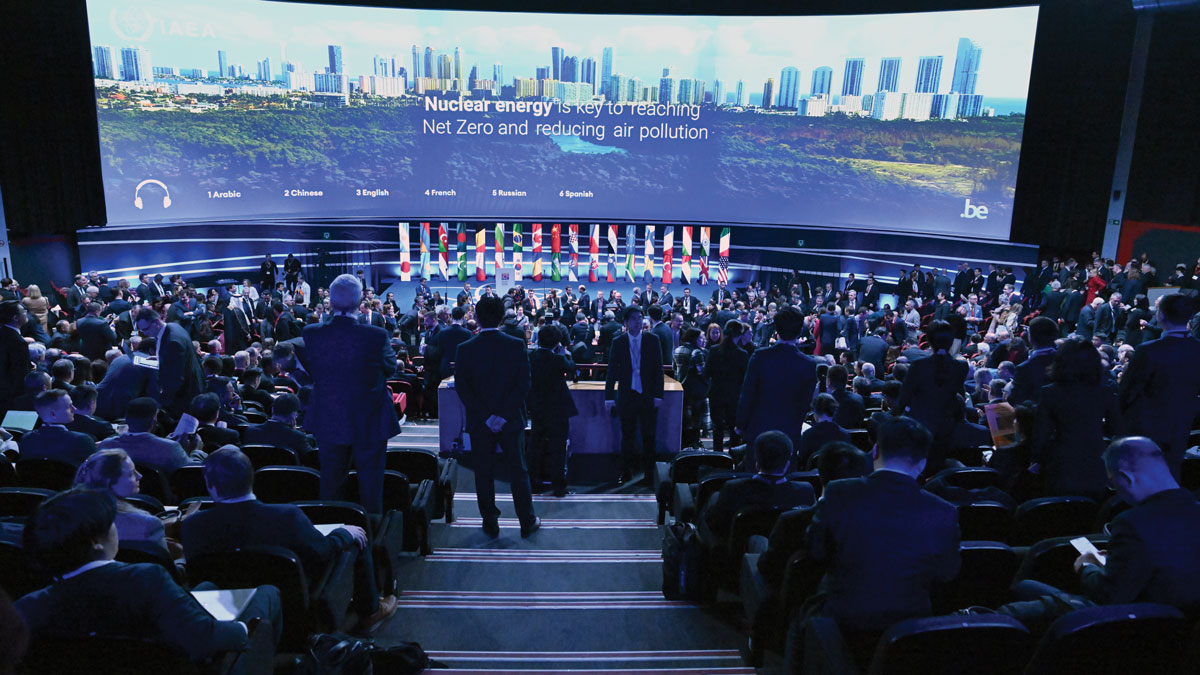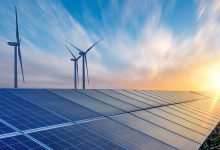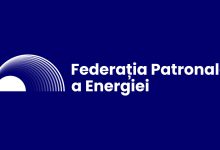First Ever Nuclear Energy Summit
The first ever Nuclear Energy Summit, organised jointly by the IAEA and the Belgium Government, was held in Brussels on March 21. World leaders came together to highlight the role of nuclear energy in addressing the global challenges to reduce the use of fossil fuels, enhance energy security and boost economic development.
The Summit comes in the wake of the historic inclusion of nuclear energy in the Global Stocktake agreed at the UN Climate Change Conference (COP28) in Dubai in December 2023, which called for accelerating its deployment along with other low carbon energy sources.
Following the launch of the IAEA’s Atoms4NetZero initiative, the Summit included panel discussions with experts showcasing how innovation is further enhancing the competitiveness, usability, and sustainability of nuclear power as well as opportunities and challenges in establishing a level playing field for funding and financing nuclear power projects.
Industry Statement
At the Nuclear Energy Summit, World Nuclear Association, along with national and regional nuclear industry associations (Canadian Nuclear Association, Japan Atomic Industrial Forum, Korea Atomic Industrial Forum, Nuclear Energy Institute, nucleareurope, and Nuclear Industry Association) have issued an Industry Statement. The statement sets out the global nuclear industry’s commitment to supporting government objectives to expand nuclear energy capacity worldwide to achieve climate and energy security goals.
The global nuclear industry is ready to support government objectives through the continued operation of the existing nuclear energy facilities and deployment of new power plants, related infrastructure, and technologies. To deliver this necessary expansion will require significant investment across the nuclear industry and related supply chains, to develop new projects, capabilities, and a skilled workforce.
32 countries that currently operate nuclear power plants (NPP) or are looking to expand on nuclear energy all over the world reaffirmed their “strong commitment to nuclear energy as a key component of our global strategy to reduce greenhouse gas emissions from both power and industrial sectors, ensure energy security, enhance energy resilience, and promote long-term sustainable development and clean energy transition”.
The IAEA’s first summit held to promote nuclear energy brought together representatives from some 50 countries – from the EU but also the United States and China – and 25 leaders.
Nuclear energy in EU, PROs and CONs
In the EU, the nuclear debate divides member states. One group – including Germany, Spain, Austria, and Luxembourg – is clearly against its development, while another group – including France, Finland, Hungary, and Romania– defends its potential.
Proponents of nuclear energy promote it as a way to achieve carbon neutrality by 2050, in accordance with the EU’s climate targets. Those against expanding nuclear energy in Europe point at the high risks, as shown by the reactor disasters in Chernobyl (1986), which was part of the Soviet Union then, and in Fukushima, Japan (2011).
Back in 2021, European Commission chief Ursula von der Leyen made headlines by arguing the EU needed nuclear power as a “stable source” of energy, and Brussels went on to label it among its list of sustainable investments.
Nuclear reactors are currently in operation in twelve of the 27 EU member states, and two new nuclear power plants are under construction in Slovakia and France. By far the most are located in France. Poland also intends to restart a nuclear energy program and the Czech Republic, too, is planning to build new reactors, although it is not clear yet how many.
Romania to become a regional leader
As President Klaus Iohannis said at the Nuclear Energy Summit in Brussels, Romania intends to become a regional leader in the field of nuclear energy. He emphasised that climate change represents “a global challenge”, which requires coordinated action and ambitious measures.
We remind that Romania is engaged in small modular reactors (SMRs) deployment in Europe, building on the expertise already gained by Romanian specialists and ensuring that the transition away from coal is coupled with the creation of new jobs, business opportunities, and local development.
The SMR plant in Doicesti is being jointly developed by a consortium that includes Nuclearelectrica and NuScale Power, the company that developed the only existing commercial SMR technology approved by the US Nuclear Regulatory Commission.






